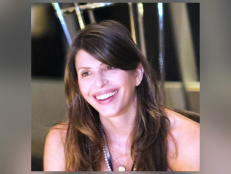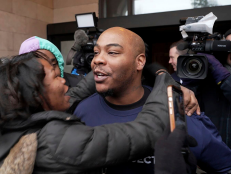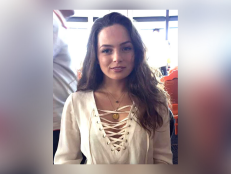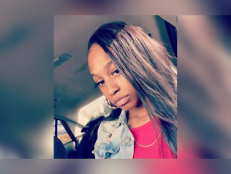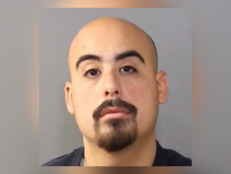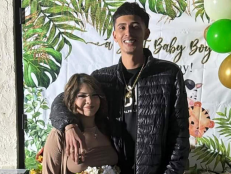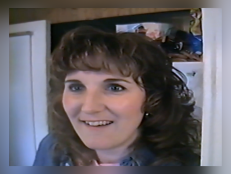Court Exonerates Lamar Johnson’s Murder Conviction After He Served 28 Years In Prison
He says that “though there has been a lot of setbacks and disappointments, in the end, there’s still a lot to be joyful about.”
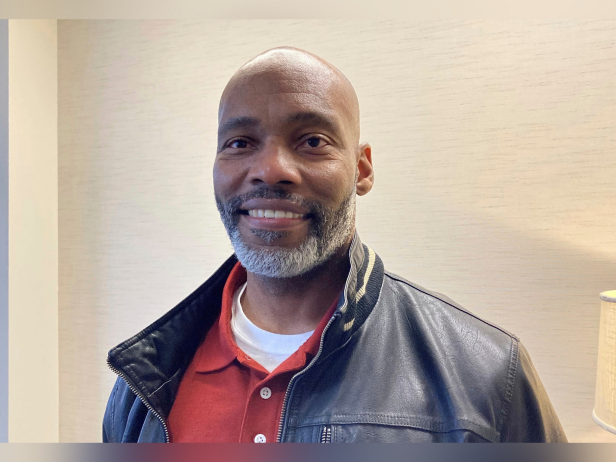
Jim Salter via AP
During a hearing filled with tears and cheers of joy, a Missouri judge vacated the murder conviction of a man who spent 28 years behind bars, ruling the evidence of his innocence was both “clear and convincing.”
On Feb. 14, 2023, 22nd Circuit Court Judge David Mason announced the decision to exonerate Lamar Johnson, 50, in connection with the murder of 25-year-old Marcus Boyd.
“These cases are not easy, and they shouldn’t be,” Mason said, according to the St. Louis Post-Dispatch.
On Oct. 30, 1994, Boyd was reportedly shot to death in St. Louis over what prosecutors said was a $40 drug debt.
The following year, Johnson went on trial for Boyd’s slaying. He was convicted of first-degree murder and sentenced to life in prison without the possibility of parole.
Following his conviction, Johnson unsuccessfully fought for decades to prove his innocence, filing appeals and habeas corpus petitions.
In 2019, St. Louis Circuit Attorney Kim Gardner’s Conviction Integrity Unit helped shine light on the case after she released a report that stated Johnson had nothing to do with Boyd’s killing and an investigation uncovered both “serious prosecutorial misconduct” as well as unconstitutional police practices in the decades-old case, the Kansas City Star reported.
Two years later, in 2021, she was able to petition for Johnson’s release thanks to a brand-new state law that “allows prosecutors to petition a court to exonerate prisoners they deemed wrongly convicted,” the Kansas City Star reported.
At Johnson’s December 2022 hearing, Greg Elking, the star witness for the prosecution who identified Johnson as the ski-masked shooter who shot Boyd nearly 30 years earlier, recanted his testimony, claiming he only fingered Johnson because detectives allegedly told him he was guilty, according to PBS Newshour.
Judge Mason noted Elking’s original identification of Johnson as the shooter was “suspect at best” since Elking only glimpsed the assailant’s eye, “giving a new meaning to the phrase ‘eye witness,’” the St. Louis Post-Dispatch reported.
Johnson said in an interview with PBS Newshour that Elking had also “identified somebody else in the lineup” and “had never verified an identification of me until he was at the police station.”
Two people also confessed they committed the crime and said Johnson had nothing to do with it.
According to Gardner’s office, Johnson’s codefendant in his original case, Phillip Campbell, pleaded guilty to a reduced charge in the case and was sentenced to seven years in prison. He later died.
A second man, James Howard, took the stand at Johnson’s December hearing and testified he and Campbell were responsible for Boyd’s murder. Howard, who is currently serving time for a 1997 murder, said he wanted to make amends for what he did, the Kansas City Star reported. “I didn’t think they would convict him because, s**t, he didn’t have nothing to do with it,” Howard said in court.
Under oath, according to PBS Newshour, the prosecutor and the police officer who headed the murder investigation in 1994 said there was no physical evidence tying Johnson to the crime.
The Missouri Attorney General’s Office does not plan to challenge the judge’s decision to exonerate Johnson.
“The court has spoken, and no further action will be taken in this case,” the A.G.’s office said in a statement.
Kiera Barrow, 28, said her father’s release comes just in time for her April wedding and they have already started making a list of things they will do together, like skydiving.
“He really wants to go skydiving,” Barrow said, according to the St. Louis Post-Dispatch. “It wasn’t on my list, but if that’s what he wants to do, then we’re doing it.”
Due to technicalities of Missouri law, Johnson is not entitled to restitution for the time he spent behind bars, but a GoFundMe campaign launched by the Midwest Innocence Project has raised hundreds of thousands of dollars to help him reenter society and try to move forward with his life.
Johnson told PBS that “though there has been a lot of setbacks and disappointments, in the end, there’s still a lot to be joyful about.”
He added: “And so I hang on to that.”
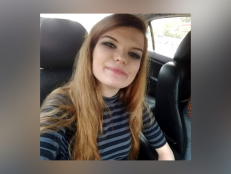
![Stacy Arthur [left] and James "Jim" Arthur [right] pictured smiling.](http://investigationdiscovery.sndimg.com/content/dam/images/investigationdiscovery/crimefeed/legacy/2023/01/the-playboy-murders-S1-E1-all-that-glitters.png.rend.hgtvcom.231.174.suffix/1673991794237.png)
